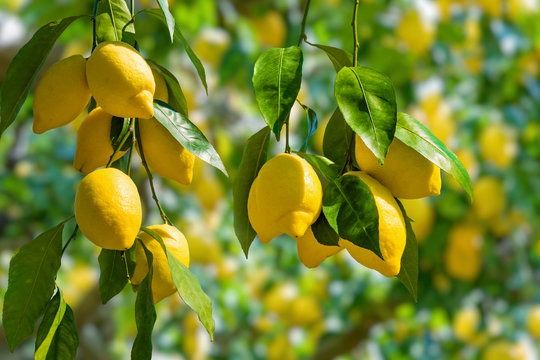A few decades ago, Pothre was a name spoken with sympathy. Tucked away in Maharashtra’s drought-prone Solapur district, the village was dry, struggling, and forgotten. Wells had long dried up, crops failed year after year, and families sank deeper into debt. Young men found it hard to marry — not because of who they were, but because of where they came from.
Bhausaheb Jhinjhade, a farmer who’s lived through Pothre’s darkest years, remembers it clearly: “No one wanted to marry their daughters into our village. Banks wouldn’t give us loans. We had nothing but cracked soil and empty hands.”
But hope, as it turns out, can sprout even in the harshest conditions.
Back in the early 1980s, one farmer dared to dream differently. He planted a lemon orchard — a bold move, considering the little water they had. Yet, lemons asked for so little and gave back so much. The trees survived the dry weather and bore fruit almost all year. Slowly, others followed his lead.
Today, 750 acres of Pothre’s land bloom with lemon trees, and the entire village pulses with life and purpose. Each farmer tends to around 1 to 4 acres, with an acre producing nearly 3 tonnes of lemons per season. In summer, when demand peaks, each harvest can earn between ₹1.5 to ₹2 lakh — a figure once unimaginable here.
At 4 a.m., the village springs to life. Farmers are already at work, picking lemons. Trucks line up, and traders strike deals worth lakhs. The lemons travel far — to Mumbai, Pune, Thane, Jaipur — but the real story stays rooted in Pothre.
The village now grows two special varieties — Phule Sharbati and Sai Sharbati — known for their juiciness, thin rind, and strong aroma. Some well-maintained farms even report up to 25 tonnes per acre. What’s more, the success has inspired six neighbouring villages to take up lemon farming too.
But the most beautiful part of Pothre’s story isn’t just about lemons. In 2022, the Gram Panchayat passed a resolution banning discrimination against widows, breaking away from age-old stigmas. That single step sparked a wave of social change across the region.
From cracked earth to golden orchards, and from isolation to inspiration — Pothre stands tall today, not just as a successful farming village, but as a symbol of resilience, unity, and hope.
Because sometimes, all it takes is one seed of courage to grow a forest of change

